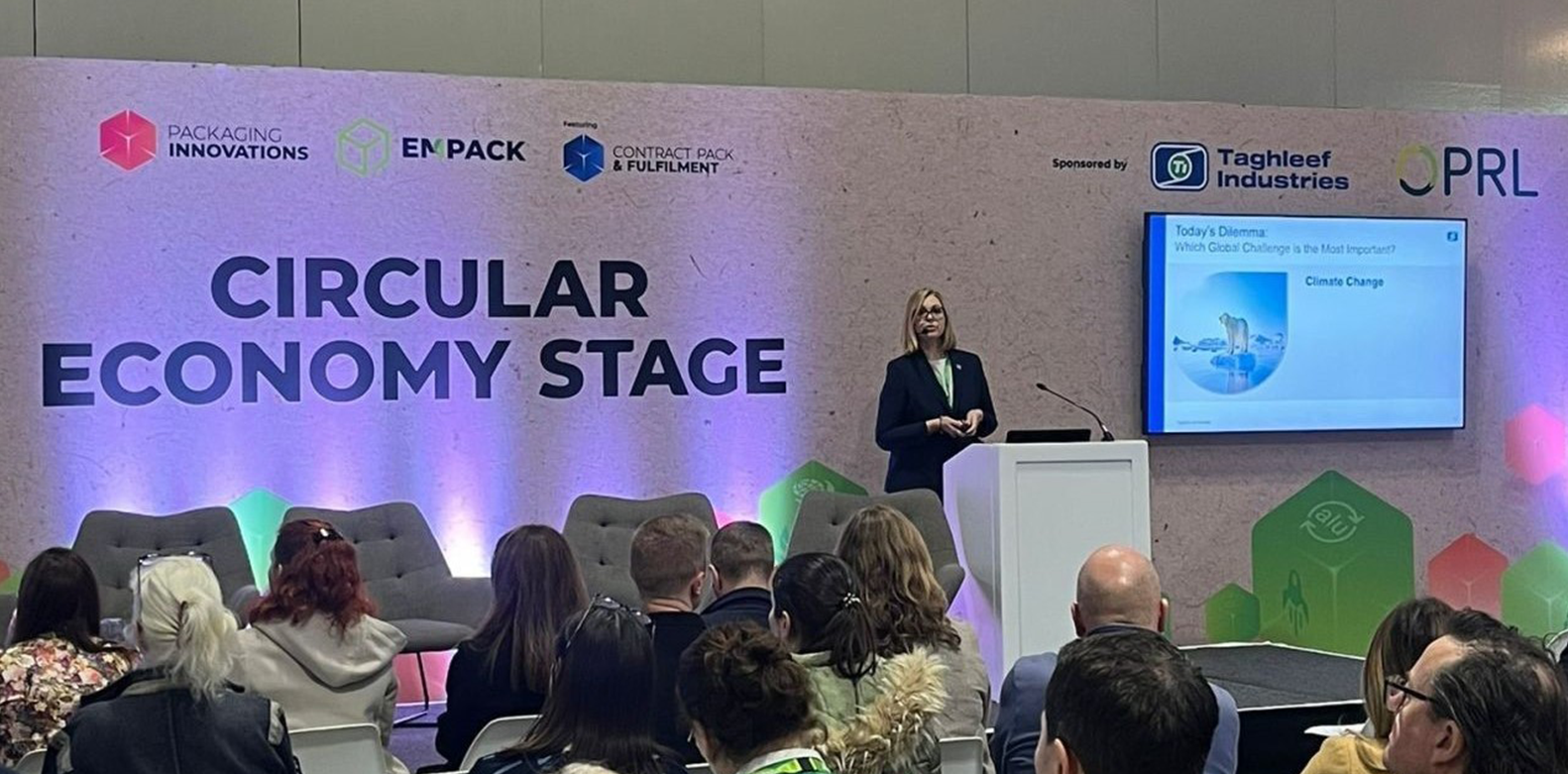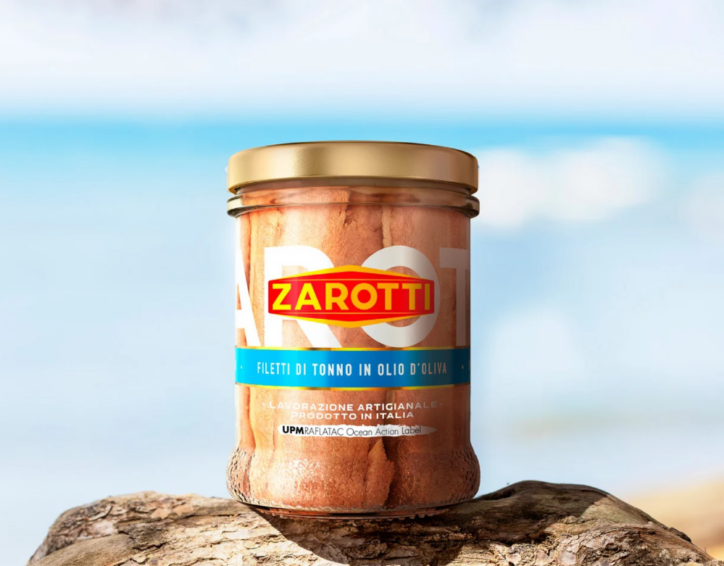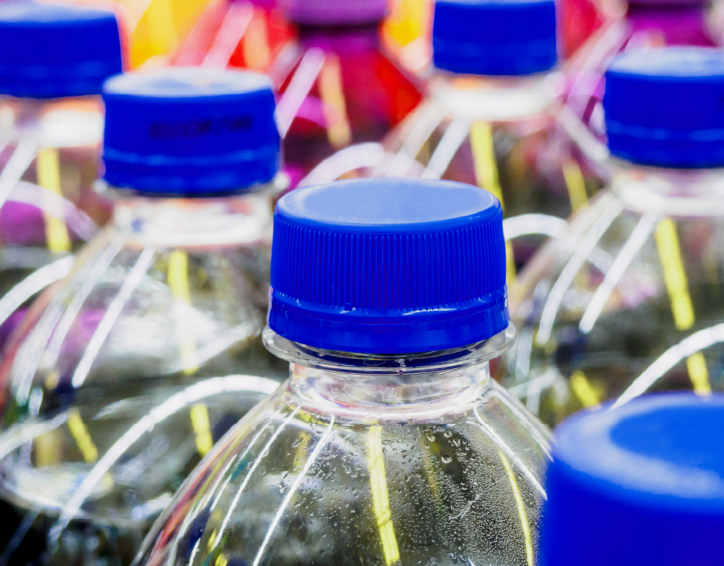On Sustainable Packaging News, the interview of Monica Battistella, Sustainability Manager at Ti

On Sustainable Packaging News, Monica Battistella, Sustainability Manager at Taghleef Industries, shares her analysis of EPR and its key role in supporting a Circular Economy for Flexible Packaging materials.
At Taghleef, we’re committed to shaping the future of flexible packaging. We understand the challenges and are actively involved in creating solutions for a more sustainable future. This includes collaborating with industry leaders like Ti Group to develop packaging that meets performance needs while being recyclable.
The Challenge of Flexible Packaging Recycling
Flexible packaging offers numerous benefits, but its recyclability has historically been a challenge. This article explores the current landscape and the efforts underway to make flexible packaging a part of a circular economy.
Extended Producer Responsibility (EPR) as a Key Driver
Monica Battistella, Sustainability Manager at Ti Group, emphasizes the importance of Extended Producer Responsibility (EPR) policies. EPR holds producers accountable for the entire lifecycle of their products, including their end-of-life management. Effective EPR schemes can incentivize design for recyclability and provide funding for improved collection and sorting systems.
Collaboration is Key
Achieving a circular economy for flexible packaging requires collaboration across the entire value chain. This includes brands, producers, recyclers, and policymakers. By working together, we can develop innovative solutions and create a more sustainable future.
Taghleef’s Commitment to Sustainability
Taghleef’s reLIFE™ product line is a prime example of our commitment to sustainability. reLIFE™ products are made with recycled polymers, allowing brands to meet their sustainability goals. We also actively participate in initiatives like CEFLEX to support the development of effective EPR schemes.
Designing for Recyclability
A crucial aspect of a circular economy for flexible packaging is design for recyclability. By using mono-materials and avoiding complex laminations, we can make flexible packaging easier to recycle.
Flexible Packaging: Benefits Beyond Sustainability
While recyclability is a critical focus, it’s important to remember the inherent benefits of flexible packaging. Flexible packaging often uses less material than rigid alternatives, reducing the overall carbon footprint associated with transportation.
The Path Forward
The future of flexible packaging is bright. Through continued collaboration, innovation, and effective EPR policies, we can ensure that flexible packaging remains a sustainable and valuable part of the packaging ecosystem.
Taghleef: Your Partner in Sustainable Packaging Solutions
At Taghleef, we are committed to providing our customers with sustainable packaging solutions. We offer a wide range of products, including our reLIFE™ line, and are actively involved in shaping the future of flexible packaging. Contact us today to learn more about how we can help you meet your sustainability goals.
Read the interview by clicking here > https://lnkd.in/dbkH8RU9


